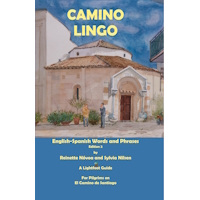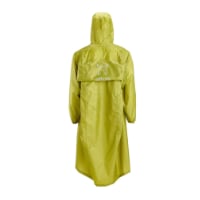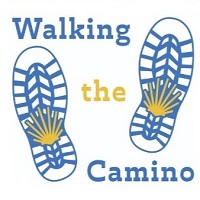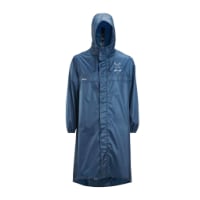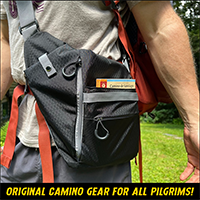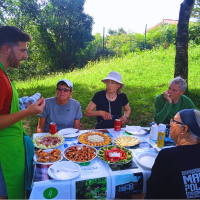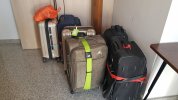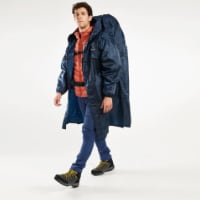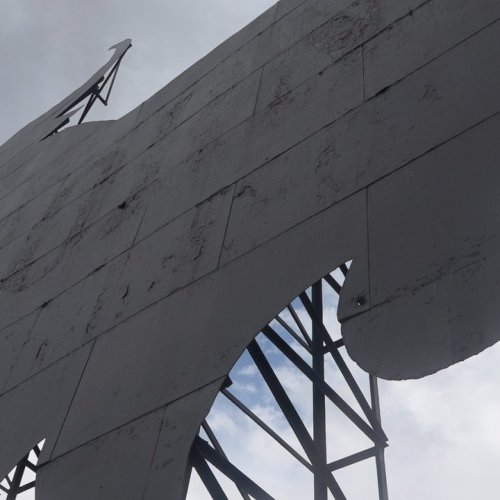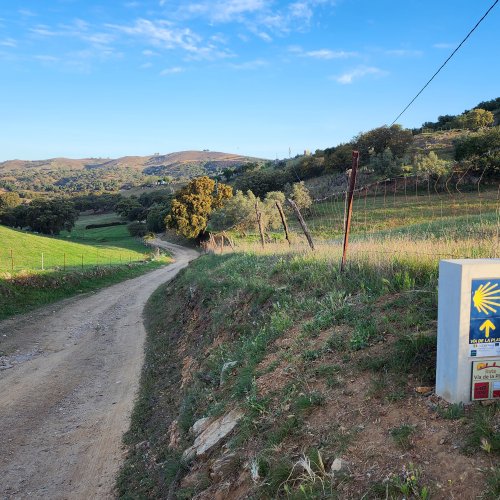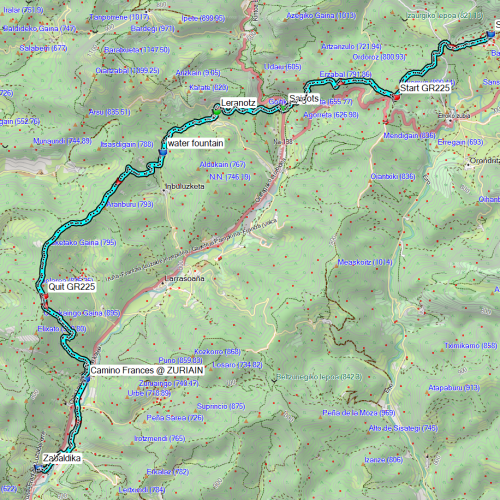- Time of past OR future Camino
- Too many and too often!
Several news sites today have reported on a meeting of the Camino Francés Federación in Saint Jean Pied de Port. Amongst other business the member Amigos associations have decided to ban suitcases in the 11 albergues under their direct control. A proposal which @Rebekah Scott posted here some months ago.
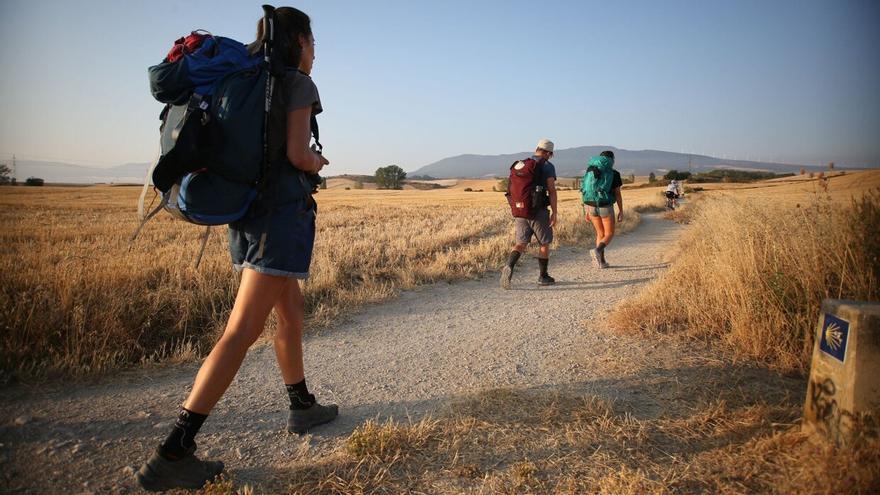
 www.noticiasdenavarra.com
www.noticiasdenavarra.com

Las asociaciones del Camino de Santiago prohíben las maletas en los albergues que gestionan sus asociaciones, once en total
Las asociaciones del Camino de Santiago acuerdan ser "beligerantes" con los "atentados" contra la ruta jacaboea






